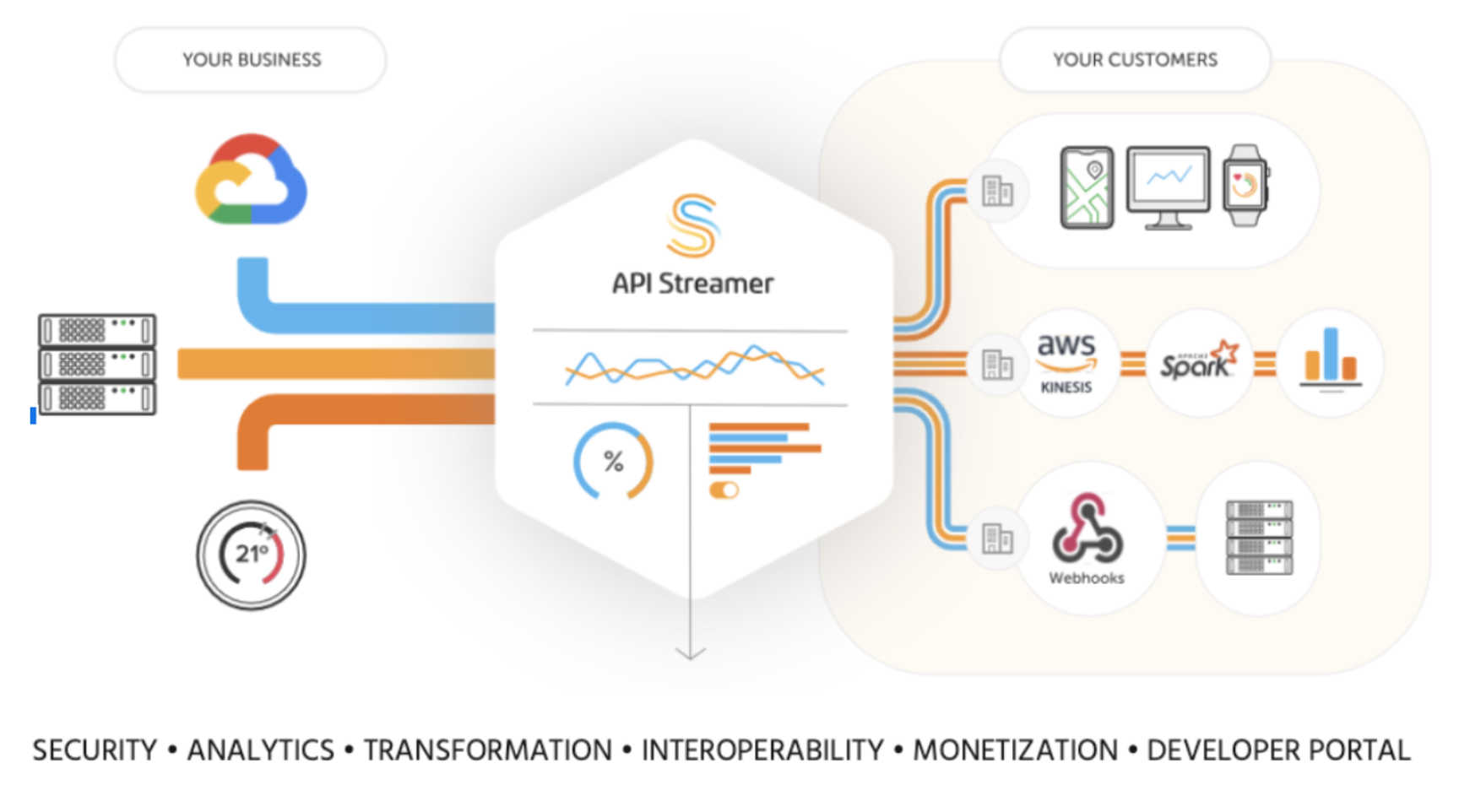Innovate UK has dedicated £370k to London startup Ably Realtime. The government grant goes towards building additional features for Ably's global network.
The grant from Innovate UK supplements initial investments from London Co-investment Fund and Forward Partners. Specifically, it finances innovations that improve scalability and elasticity in the way realtime data is exchanged globally.
The market for realtime data is growing exponentially — 50% of APIs are forecast to be event-driven by 2020, according to a recent Gartner report, and the IDC predicts almost a third of all data consumed will be realtime by 2025. To put that in context — that’s 1.5x the entire amount of data consumed today — all in realtime. Ably is poised to provide the infrastructure required to meet that demand.
Founded in 2013, Ably’s engineers spent four years and over 50,000 hours developing a cloud-based, protocol-agnostic realtime data delivery platform. Ably’s is distributed globally with native protocol interoperability and countless third-party integrations, and is already used widely across the sports data, transport, logistics, e-learning, and financial sectors.
The API Streamer significantly expands Ably’s infrastructure offering. API Streamer provides enterprise-scale realtime APIs for businesses that need to share data in real time, and for developers building realtime services. With significant secondary implications for the data economy, API Streamer allows publishers and consumers of realtime data to deploy, manage and integrate realtime APIs more easily than ever before.
The main change API Streamer introduces to the realtime data-sharing landscape is that it eliminates the need for pairwise integrations between data publishers and consumers. With API Streamer, a business or an individual only needs to publish data once. The infrastructure ensures user experience is the same whether the data reaches one or a million subscribers.
To further open access to data, in the form of the Ably Hub, Ably offers API Streamer technology for free to realtime data producers and consumers, subject to a fair use policy. Users can subscribe to a number of freely available data streams.
For the API Streamer and the Ably Hub, Innovate UK’s grant funds the development of an elastic message persistence and processing layer, that helps to overcome challenges with push delivery mechanism and downstream providers being unable to process the streams, and more scalable and reliable realtime data processing capabilities
The rule-processing layer brings with it the ability to persist (keep intact) message streams as they pass through multiple regions globally. The grant also supports engineers as they develop solutions to the issue of elasticity — making it possible for the infrastructure to respond to demand fluctuations in real time.
New functionalities develop systems for message-storing, secondary processing and tracking the progress of secondary consumers of data. The grant goes towards funding a step-change to a truly scalable, elastic solution in the way realtime data is streamed and consumed.
According to Matthew O’Riordan, Ably’s Co-founder and CEO:
“The Streamer allows realtime data owners to reach every potential consumer without having to invest engineering in interoperability, access management and billing. Our ambition is for Ably’s API Streamer to become the internet’s foremost API management and distribution platform for realtime APIs.”
Ably’s high-performance Data Stream Network and realtime APIs empower developers and businesses to build applications, services, and APIs for the realtime internet.
For more information about streaming APIs, realtime data infrastructure and the new realtime API economy, get in touch.




